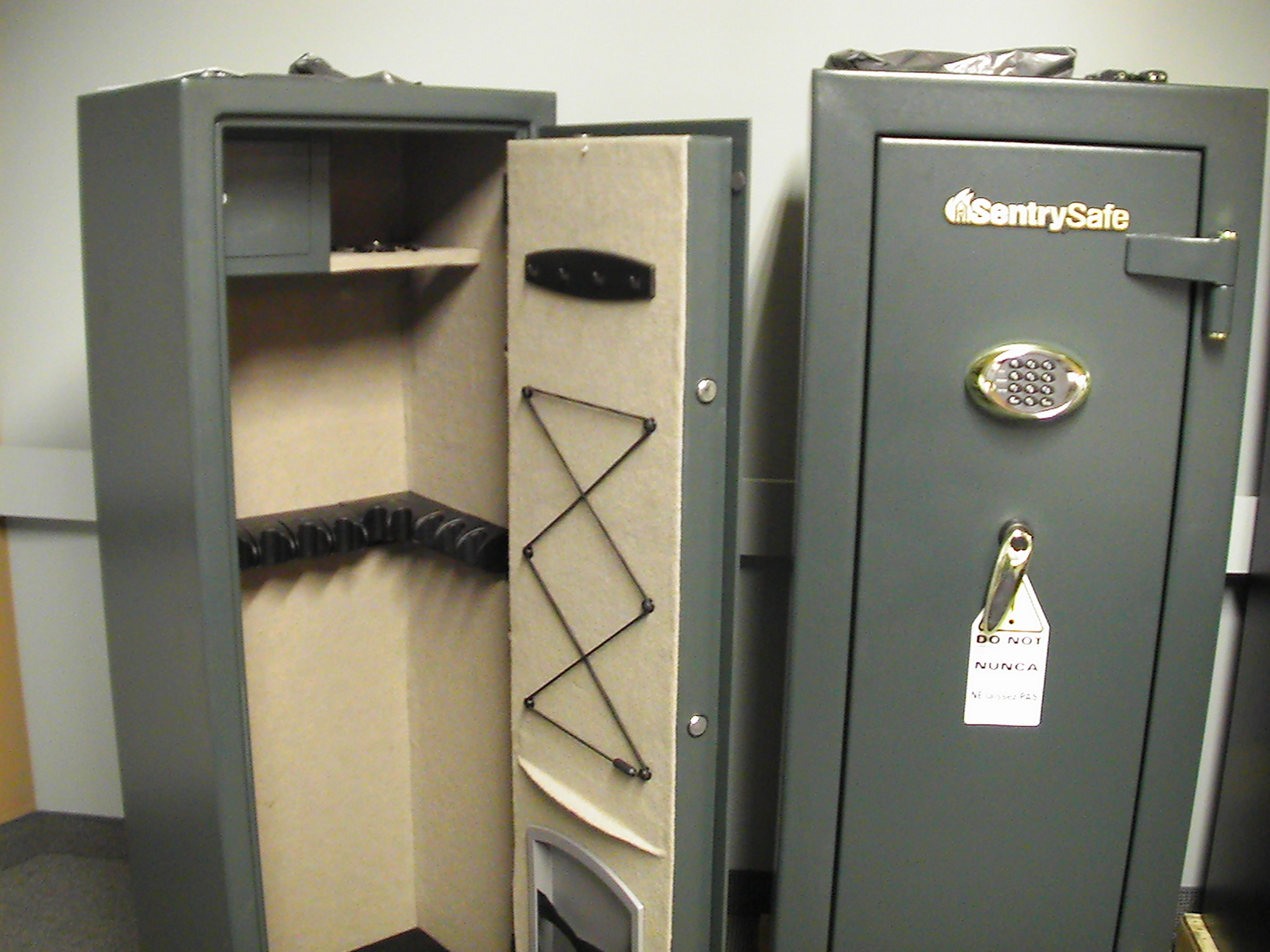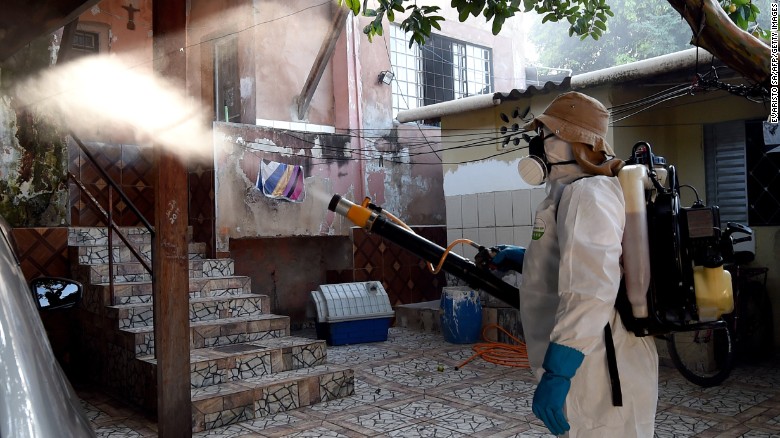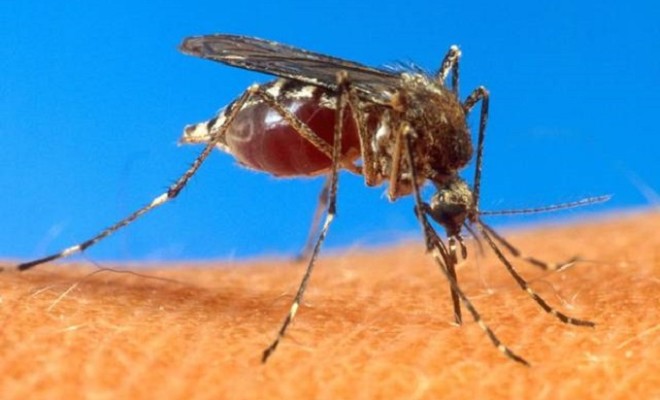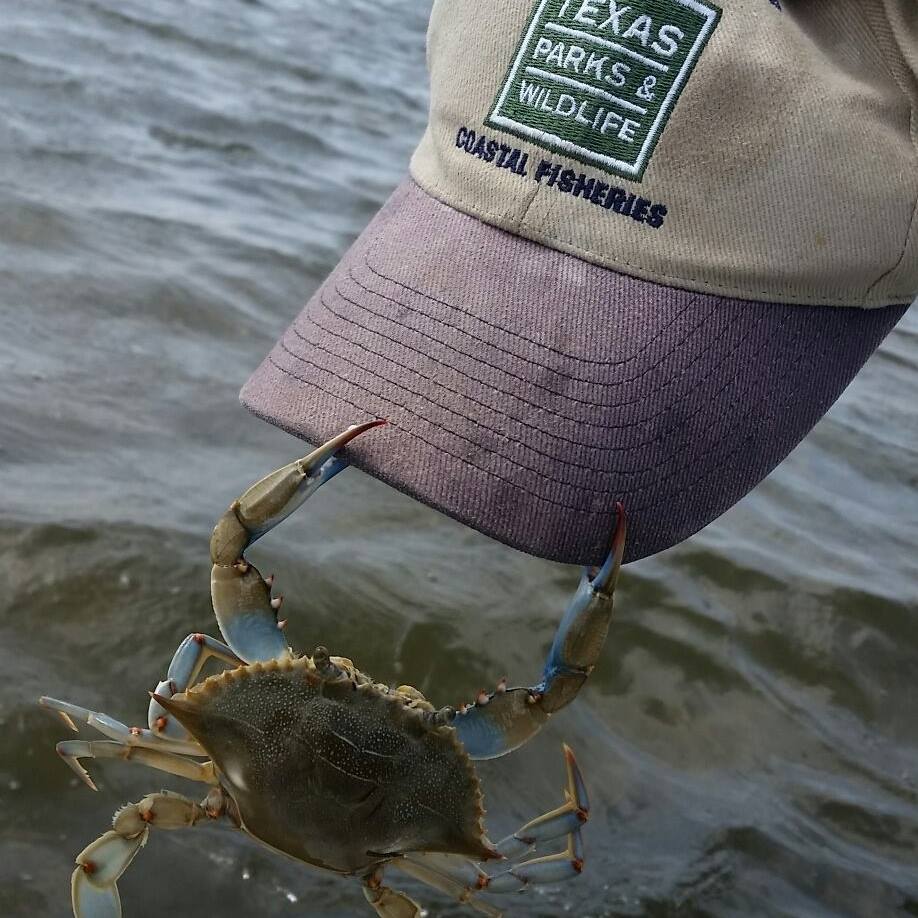TPW TV – Helicopter Crash Survival Training
Thursday, June 30th, 2016This is Passport to Texas
Texas Game Wardens always hone their skills; and in a segment airing the week of July 3, the Texas Parks and Wildlife TV series on PBS takes you on their HUET training.
H-U-E-T. Stands for Helicopter Underwater Egress Training.
Producer, Bruce Biermann, says game wardens are not immune to the dangerous situations in which they often find themselves.
Our game wardens get into a lot of precarious situations whenever there’s flooding and they have to go out and rescue people. And part of their training is what to do if they, themselves, get in trouble. For example, the helicopter goes down over a body of water.
A controlled pool environment at NASA was the site of the training. Using multiple GoPro cameras, Biermann takes viewers into the helicopter-like structure, and under water with the game wardens.
I think I had six tiny little cameras on the game wardens’ helmets, all over the inside, on the outside. So, it really gave the viewer the effect of being in the water with them. So, when the unit flips upside down, you’re going upside down through the water with them. The audio…where it sounds like you’re above the water, and then gurgle…gurgle…when it goes underneath… So, it really takes the viewer deeper into what the game wardens are feeling when they’re training.
View this segment on the Texas Parks and Wildlife TV show the week of July 3. Check your local listings.
The Texas Parks and Wildlife Foundation supports our series and helps keep Texas wild with the support of proud members across the state. Find out more at tpwf.org.
For Texas Parks and Wildlife, I’m Cecilia Nasti.






 Passport to Texas is a
Passport to Texas is a  Passport to Texas is made available by:
Passport to Texas is made available by: